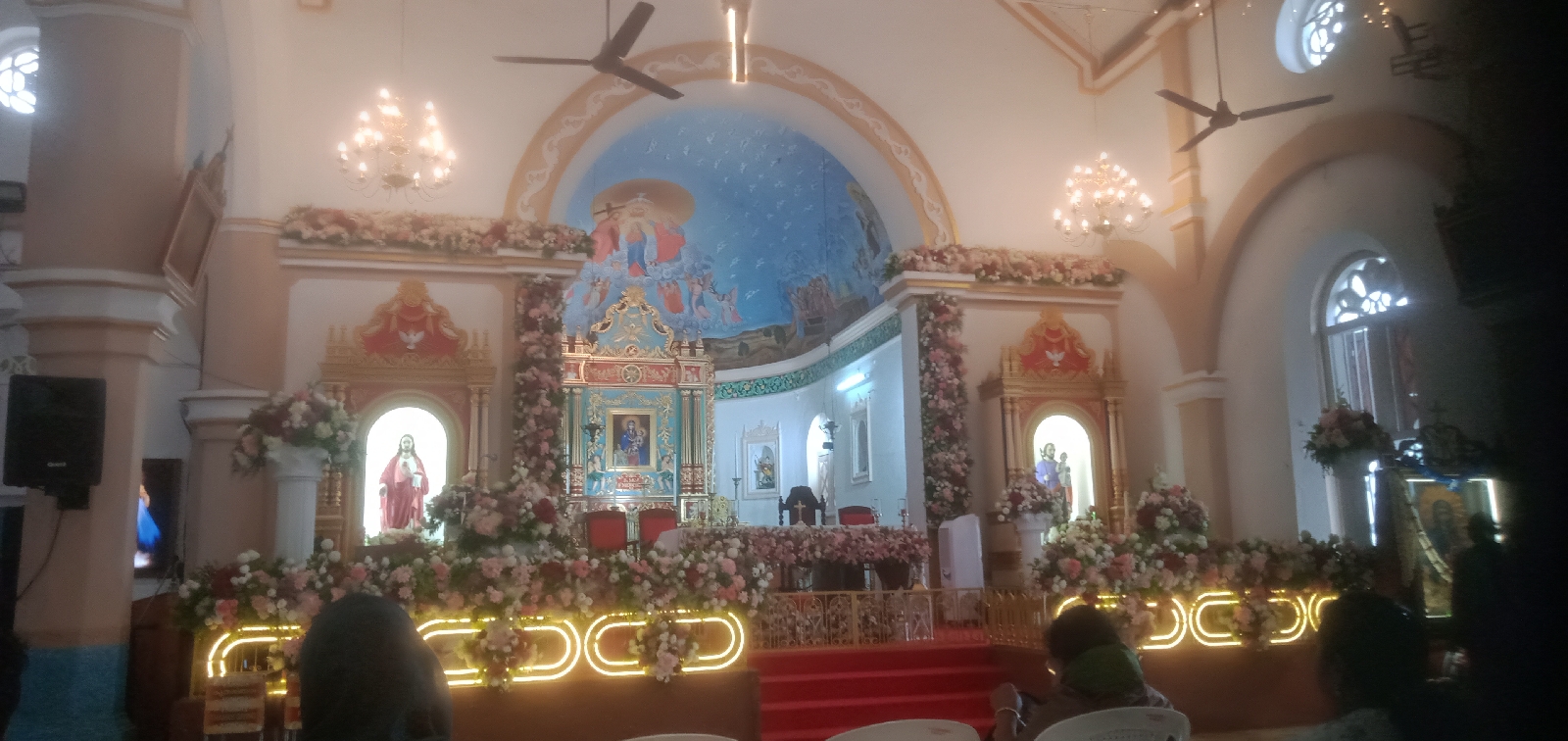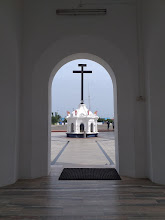Sunday, 15 June 2025
Sunday, 8 June 2025
The Pentecost
As we reflect on the sacred moment of Pentecost — when the Holy Spirit came upon the apostles in a rush of wind and flame — it’s important to remember that this wasn’t an isolated miracle. It was deeply connected to a much older and holy tradition from the Jewish faith, one that Jesus Himself honored and fulfilled.
Let us go back to the root of it all: a festival called Shavuot (pronounced "Sha-voo-ot")
🌾
Shavuot is a Jewish festival that takes place 50 days after Passover. The word “Shavuot” means “Weeks”, and it marks two things:
1. The first harvest of wheat in the land of Israel — a joyful offering of gratitude.
2. More importantly, it commemorates the giving of the Torah — God’s law — to the people of Israel at Mount Sinai.
This moment at Sinai — when God revealed His will through the Ten Commandments — is seen as the birth of the nation of Israel as a people in covenant with God.
After Jesus’ resurrection and ascension, He told His disciples to remain in Jerusalem and wait for the promise of the Father (Luke 24:49, Acts 1:4). *And they did — but not only out of obedience.*
They were also there for Shavuot, as devout Jews. You see, Shavuot is one of the three major pilgrimage feasts in Judaism. According to Jewish law, every Jewish man was to come to Jerusalem for this festival (Deuteronomy 16:16).
That’s why, in Acts 2, we read that Jews from every nation under heaven were in Jerusalem. It was Shavuot — and they were gathered to celebrate.
On Mount Sinai, God gave His people the Torah, written on stone tablets.
On Mount Zion (Jerusalem), during that very festival of Shavuot, God gave the Holy Spirit, writing His law on human hearts — just as the prophet Jeremiah had foretold (Jer. 31:33).
In both cases:
There was a mighty sound.
There was fire.
There was a covenant.
There was a beginning — first, of a people, and then of the Church.
This is not coincidence. It’s fulfillment.
When the Holy Spirit came upon the apostles, it was the moment Jesus had prepared them for. Empowered by the Spirit, they began to speak in many languages — reaching the diverse crowd in Jerusalem with one message: that Jesus is the Messiah.
Three thousand people were baptized that day (Acts 2:41). That number is significant — it mirrors the number who died at Sinai after the sin of the golden calf (Exodus 32:28). At Pentecost, grace replaced judgment. Life replaced death. A new community was born — not defined by race or nation, but by faith in Christ and the indwelling of the Holy Spirit.
From that day on, belief in Christ and receiving the Holy Spirit became inseparable. As Peter said:
> “Repent and be baptized, every one of you, in the name of Jesus Christ for the forgiveness of your sins. And you will receive the gift of the Holy Spirit.” (Acts 2:38)
Baptism became the entry point — a visible sign of faith and a participation in Christ’s death and resurrection. The Holy Spirit is God’s seal upon us, guiding, comforting, and empowering believers to live in holiness and bear witness.
What began at Sinai with the giving of the Law was fulfilled at Pentecost with the giving of the Spirit. We, as Christians, are heirs to that promise. Pentecost is not a new invention — it is the flowering of the seed planted long ago in the soil of Israel.
Understanding this makes Pentecost even more beautiful. It reminds us that our faith is rooted — not floating — and that Christ came not to abolish the Law, but to fulfill it (Matthew 5:17).
May this deeper understanding of Pentecost enrich your heart. Let us never forget that the Holy Spirit, the Comforter, came to us on a day already holy, to fulfill a plan already set in motion.
And just like the apostles, we too are called to gather, to wait, to receive, and then to go forth — filled with the Spirit, bearing witness to the truth and love of Christ.
Chag Shavuot Sameach and Happy Pentecost, dear friends.
Labels:
Indian Christians,
Kerala,
Kochi,
Pentecost,
Shavout
Subscribe to:
Comments (Atom)







